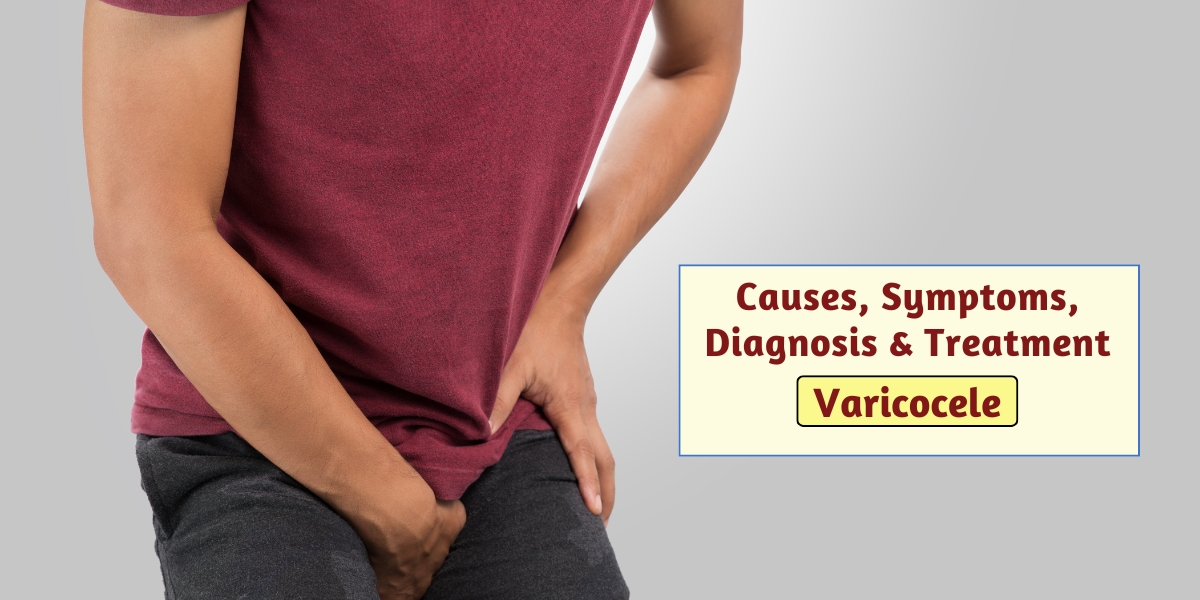What is Varicocele?
Varicocele is a condition characterized by the enlargement of veins within the scrotum. These veins are similar to varicose veins that occur in the legs. Varicoceles are common and usually occur on the left side of the scrotum, but can sometimes affect both sides.
Causes of Varicocele:
The exact cause of varicoceles is not always clear, but they are often attributed to malfunctioning valves within the veins that regulate blood flow. This malfunction causes blood to pool and the veins to enlarge. Some potential causes include:
- Faulty valves in the veins: This is the primary cause where the valves fail to prevent blood from flowing backward.
- Genetic predisposition: Some individuals may inherit a tendency to develop varicoceles.
- Obstruction: An obstruction in the veins leading to the scrotum can lead to varicocele.
Symptoms of Varicocele:
Varicoceles may not always cause symptoms, but when they do, they may include:
- Visible or palpable veins: Enlarged veins in the scrotum that may look or feel like a bag of worms.
- Dull pain or discomfort: Aching or discomfort in the scrotum, especially after standing or physical exertion.
- Testicular atrophy: Shrinkage of the affected testicle, though this is rare.
Diagnosis of Varicocele:
Varicoceles are often diagnosed through a physical examination by a healthcare provider. During the examination, the doctor may ask the patient to perform a Valsalva maneuver (bearing down as if having a bowel movement) to detect any changes in the size of the veins. Other diagnostic methods include:
- Ultrasound: This imaging test can visualize the veins in the scrotum and confirm the diagnosis.
- Scrotal thermography: This test measures temperature differences in the scrotum, as varicoceles can cause increased blood flow and temperature.
Treatment of Varicocele:
Treatment may not be necessary for all varicoceles, especially if they are small and asymptomatic. However, treatment options include:
- Observation: If the varicocele is not causing symptoms or affecting fertility, the doctor may recommend regular monitoring.
- Medication: Pain relievers such as ibuprofen may help alleviate discomfort.
- Surgery (Varicocelectomy): In cases where varicoceles cause pain or infertility, surgery to remove the affected veins may be recommended. This can be done through various techniques including laparoscopic or microsurgical approaches.
For The Best Varicocele Treatment in Pune Visit Urolife Clinic
Varicocele is a common condition that usually doesn’t cause serious health problems. However, if it leads to pain or infertility, treatment options are available. It’s important for individuals experiencing symptoms of varicocele to consult with a healthcare provider for proper evaluation and management.
Watch This Video For More Information – In This Video, Dr. Irfan Shaikh Explained in detail about What is Varicocele? And It’s Causes, Symptoms, Diagnosis & Treatment
